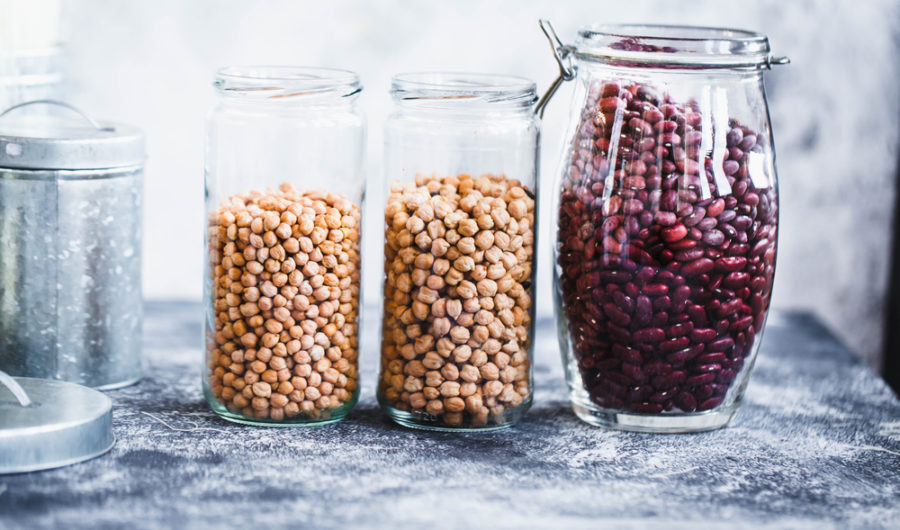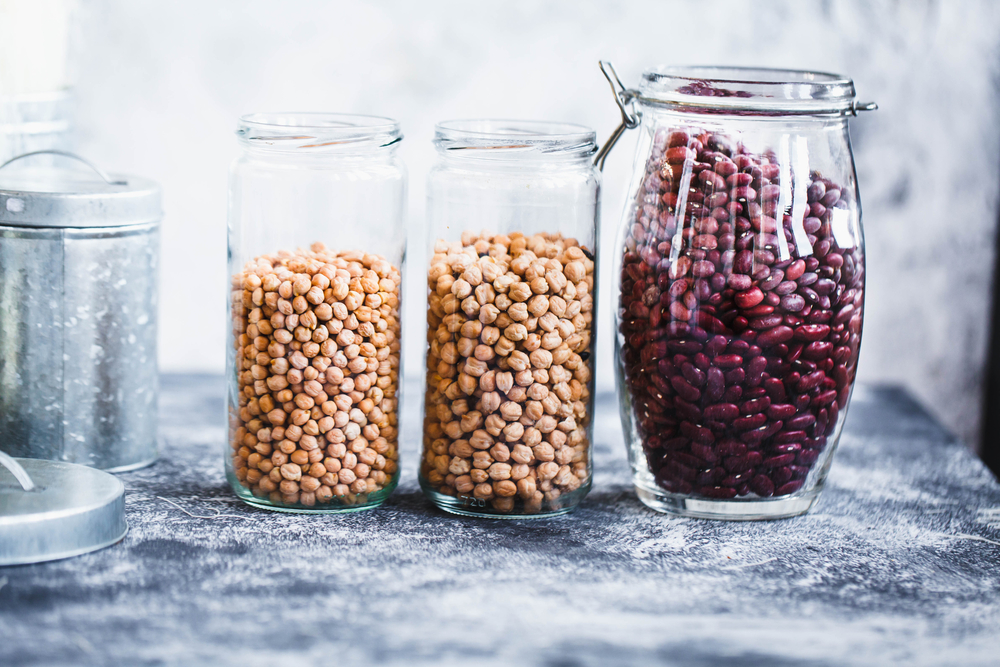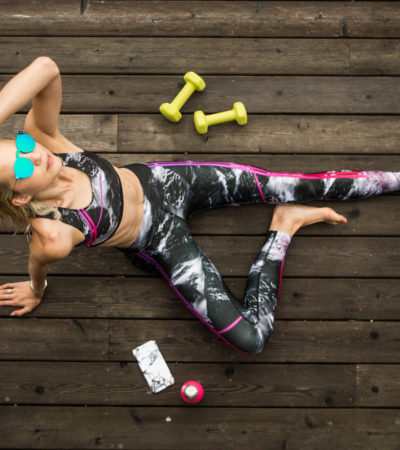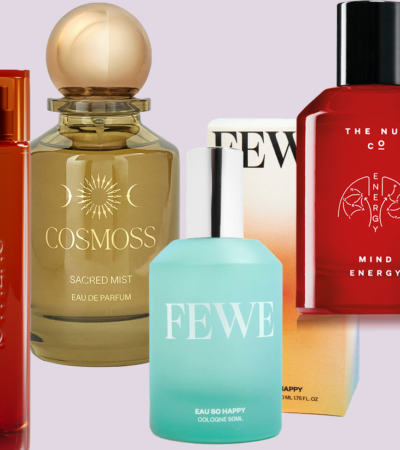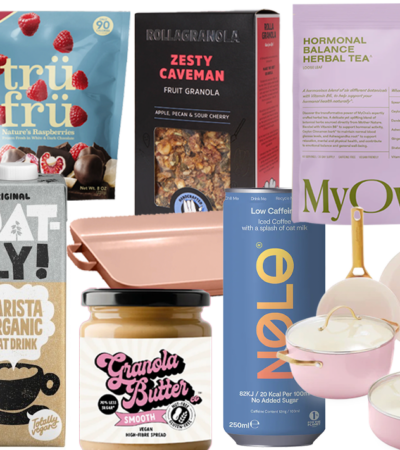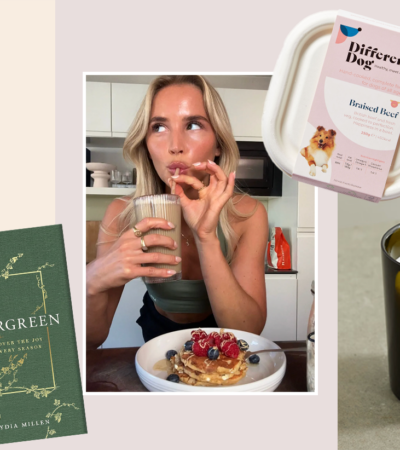Let’s face it. A lot of us associate a high protein diet with bulky gym obsessives that work out to look like a super-sized version of the Hulk. However, what we don’t realize is that there really is a reason why everyone is so keen on including more protein into their diets, and it’s not just for muscle growth.
As plant based diets become more popular over the last few years, protein (specifically animal based protein) has earned a bad rap. But if you aren’t aware of how to pair your plant based proteins (as many aren’t complete proteins) or if you rarely include animal proteins into your diet, you are more likely to have protein deficiencies.
We’ve done some research and reached out to one of our favourite nutritional therapists and Equilondon Founder, Alice Mackintosh to help shed some light on why getting enough protein (plant or animal based) in your diet is important.
Protein Defined
Protein is one of the macronutrients in your body essential for form and function. It is composed of amino acids that ensure your body functions optimally. Meat, fish, seafood and eggs deliver all 22 different types of amino acids – making them what is known as a ‘complete’ protein. However, very few non-animal based proteins contain a whole complex of amino acids. But have no fear, plant based friends! If you combine your protein sources correctly (i.e. nuts with beans or soy with lentils), you can still get the nutrients you need.
The Importance of Protein
As well as being structurally vital, protein is required for immunity, detoxification, hormone balance, brain function, gut function, sleep and a whole host of other functions.
Protein Deficiencies
If you’re not feeding your body with enough protein, then you put yourself at risk of deficiency. Flaking nails, imbalanced hormones, low mood, reduced immunity, low sex drive, bad skin and poor concentration are all signs of protein deficiency.
Protein and the Aging Process
In addition to being a source of amino acids, protein contains many different micronutrients that help with keeping our skin plump and taught (and who doesn’t want that?) including collagen, zinc, and omega 3/6 fatty acids. Many people have now jumped on the collagen supplements band-wagon, however, one of the best sources for collagen is in protein.
We certainly aren’t suggesting you make a Monday through Sunday roast, but if you are looking to add more protein into your diet in the form of meat, we can’t recommend highly enough to go down the organic route and, even better, to check the welfare standards of where you buy your meat from.
For those who are following a plant-based diet, you may have to be a little more conscientious than meat-eaters, but nevertheless, getting enough protein in your diet is still totally possible! Some great sources of plant-based proteins are quinoa, beans (hummous, anyone?), nuts, buckwheat, and chia seeds. The important part is that you combine plant-based proteins as very few are complete proteins. For example, we’re sure many of you have been know to shovel down the odd spoonful (or 10!) of peanut butter straight from the jar, but it would be much wiser to have it as a spread on some flaxseed pancakes in the morning to get a more rounded protein meal (bonus! With this recipe, you also get your omega 3’s!). Another great source of your omegas if you are plant based is walnuts.
Plant based protein powders are another great way of supplementing your diet. Sun Warrior’s Raw Protein and Warrior Blend are great options made out of pea protein that taste delicious. If you don’t want to commit to buying a large container, shops like Whole Foods usually have single serving packages of different proteins so we suggest trying a few to see which you like best.
If you’re struggling for ideas for meals, check out our recipe corner that has loads of plant based recipes. One of our favourites is this butternut squash and black bean burger recipe. Give it a go and when you do, don’t forget to take a snap and tag us on instagram!
words by Nadia Liu

